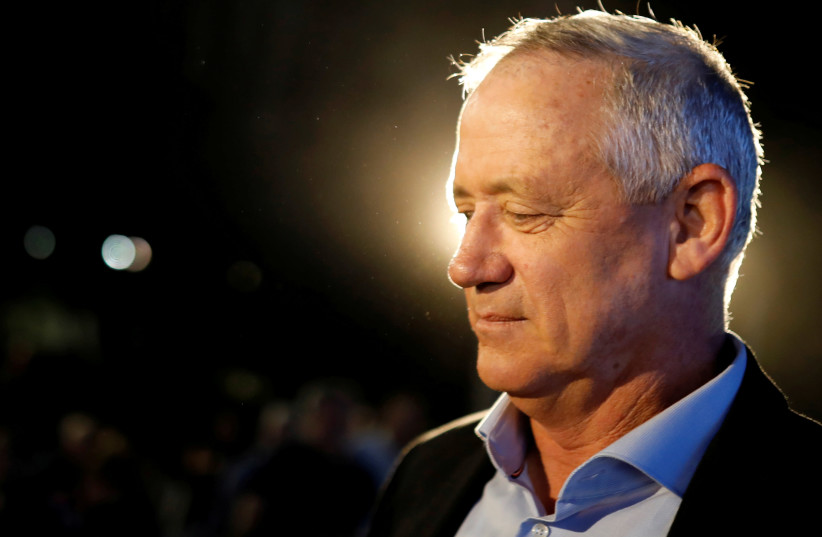The basis for the next coalition could be the desire of 62 MKs to see Netanyahu politically quarantined.
GIL HOFFMAN

After a third election that appeared to hit a new low in political mudslinging, now comes the even more dreaded stage of a third coalition-building process that will be filled with even more mudslinging.
If elections are about highlighting differences, building a coalition is supposed to be about finding common ground. Amid the worst health crisis in Israel’s history and with an economic crisis looming, it would be nice if that would be enough to bring warring parties together.
But barring any trust between the parties, the only common ground left could be suspicion and hate, which are both very powerful. Without love, hate could be enough to result in a long-awaited government.
So let’s review the hate scorecard. There is the long tradition of animosity between Jews and Arabs, there are those who despise Prime Minister Benjamin Netanyahu, and there’s the hatred of our current political predicament and prospects of a fourth election.
Netanyahu’s “Bibi or Tibi” campaign focused on gaining a majority of MKs with hatred number one, but he got only 58 seats. Blue and White leader Benny Gantz’s “anyone but Bibi” campaign focused on gaining a majority of MKs with hatred number two, and he got 62. Let’s give the MKs the benefit of the doubt and say hate three has 120 seats.
The combination of hatreds two and three could be the basis for a minority government of Blue and White, Yisrael Beytenu, Labor-Gesher-Meretz, with the outside support of the Joint List. Gantz tried to put a positive spin on it in his speech on Saturday night, portraying it as a coalition not for hate but against it.
“I have resolved to form a strong and stable government that will heal Israel of hatred and polarity and allow us to move forward,” he said. “I will make every effort to avert fourth elections.”
Gantz praised his potential political partners for displaying what he called “a sense of national responsibility” that he said made him optimistic about assembling a new coalition government.
That optimism must be based on something, or he would not have said it. But Arab MKs said they knew nothing about coalition talks already starting behind the scenes.
What the Arab MKs have been saying since the election is that they won the race, not Gantz, and if he wants their support, he better pay up. It is the Joint List that may have ousted Netanyahu, not Blue and White, which barely managed not to lose to him.
“Netanyahu and Gantz must remember well the number 581,540, the number of votes for the Joint List,” Balad leader Mtanes Shehadeh said. “Arab society had its say. It wants changes in policies and to see an end to discrimination and racism. Netanyahu would die to disqualify us but cannot. Gantz would like to ignore us but cannot.”
Yisrael Beytenu leader Avigdor Liberman has not displayed “national responsibility” yet either, not toning down his demands on matters of religion and state to help Gantz try to woo a religious party to the coalition.
Gantz himself has also not demonstrated flexibility on his promise to not sit in a coalition under Netanyahu and allow the formation of a national unity government.
But Gantz, Liberman and Joint List faction chairman Ahmad Tibi have all shown plenty of animosity for Netanyahu, which they all have in common. Tibi, as usual, put it best, when he told the Netanyahu-allied newspaper Israel Hayom that he wants “to send Bibi to political quarantine.”
Forming a coalition based on hate is definitely a gamble for Gantz. But it could be that barring that minority government, all other bets are off.
Content retrieved from: https://www.jpost.com/Israel-News/Politics-And-Diplomacy/Benny-Gantzs-gamble-analysis-620199?fbclid=IwAR2UbQamQoDvQ_Pzqfhr21AUFvyRcWmSMSt9ldAogx2HCwh0e_-_jbz6sx4.